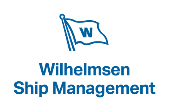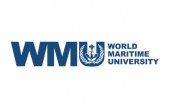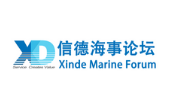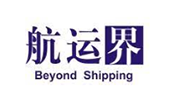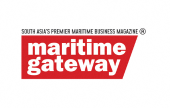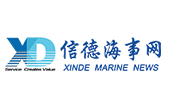MPA Partners Industry Giants to Propel Maritime Digital Transformation
24 Apr 2024
A memorandum of understanding was signed between Mr David Foo, Assistant Chief Executive (Operations Technology), MPA and Ms Elsie Tan, Country Manager, Worldwide Public Sector, Singapore, AWS, today at the ‘Accelerating Digitalisation and Decarbonisation Conference’ at Singapore Maritime Week (SMW) on 16 April 2024.
Building Innovative and Sustainable Maritime Solutions with Amazon Web Services
2. As part of the collaboration, MPA and AWS will develop the maritime Artificial Intelligence and Machine Learning (AI–ML) Digital Hub, the first-of-its-kind in ASEAN region. The AI–ML Digital Hub will leverage AWS cloud to enable the maritime industry to pilot innovative AI and generative AI (GenAI) capabilities to trial on the Green and Digital Shipping Corridors, optimising routes and fuel consumption, carbon emissions accounting, and just-in-time arrivals to help ships operate more efficiently, reduce greenhouse gases emissions, and enhance safety of operations. MPA will also tap the Amazon Sustainability Data Initiative to accelerate sustainability research and innovation by minimising the cost and time required to acquire and analyse large sustainability datasets.
3. To develop the industry’s AI capabilities, MPA and AWS will also conduct training, incubation initiatives, and immersion programmes to equip maritime industry employees and stakeholders, particularly those in small and medium enterprises (SMEs) with cloud, data, and AI skills. The first training programme is expected to roll out by end of 2024.
Piloting the Use of Digital Ship Identity with S&P Global and Bunkerchain
4. At the event, MPA also signed an MoU with S&P Global Market Intelligence and Bunkerchain to use the Port of Singapore as the test bed to trial and pilot the use of digital ship identity in maritime applications such as digital port clearance and digital bunkering. Digital identity refers to the unique representation of an entity in the digital world, which consists of various attributes and data that distinguishes it from others. Electronic transactions may be vulnerable to various risks as such identity fraud and data integrity breaches. Digital ship identity plays a crucial role in making electronic transactions more secure, trusted, and efficient in the maritime sector. When deployed in tandem with electronic signatures, these digital technologies will eliminate the need for physical ship stamps and wet ink signatures, and accelerate the transition towards a truly digital, secure, and paperless operations.
Enhancing Digital Capabilities of Maritime Singapore
5. As Singapore expands its hub port, the port waters are expected to become busier with higher traffic volume, making navigation more complex. To strengthen vessel navigational safety and efficiency of the port, MPA is developing an AI-enabled Next Generation Vessel Traffic Management System (NGVTMS). In April 2024, MPA awarded the NGVTMS prototyping tender to three key global players for Vessel Traffic Management (Tidalis B.V., Kongsberg Norcontrol AS, and Wartsila Singapore Pte. Ltd.) to develop prototypes at MPA’s Maritime Innovation Lab 2.0 over the next 15 months, before embarking on full-scale development of the system. The NGVTMS will be based on an open system architecture and have advanced features such as data analytics to identify traffic hotspots and machine learning to predict collisions and enable vessel traffic officers to handle higher volumes and more complex vessel traffic safely.
6. In the space domain, MPA is developing a Satellite Resource Management Platform (SRMP) to capture satellite images for time-critical missions quickly. The conventional method of using satellites to capture images across numerous commercial satellite operators is often time-consuming and complex, as users would have to engage each satellite operator separately. Satellite images are crucial to support time-critical missions, such as searching for distressed vessels which are uncontactable. Through tools using AI, the SRMP will streamline the process of comparing and recommending the satellite type, imaging mode and resolution suitable for the mission. The new system will then perform automated object detection, reducing the time needed to acquire images.
7. MPA, together with Esri Singapore1, the Agency for Science, Technology and Research’s Institute of High Performance Computing and the Technology Centre for Offshore and Marine, Singapore, developed a digital twin proof-of-concept of a methanol bunkering leak incident. The digital twin runs on an interactive web application that integrates weather and ocean current predictions and AIS data to present visualisation of chemical plume dispersions in the event of a bunkering incident involving alternative fuels. The capability can help enhance planners’ understanding of the behaviour of the plume clouds under various conditions and guide the development of safety and incident response plans and standards.
Launch of Maritime Singapore Startup Ecosystem Map to Support the Discovery of MarineTech Startups
8. Motion Ventures and PIER71™, supported by MPA, launched the Maritime Singapore Startup Ecosystem Map 2024 (Map). The Map, the first of its kind in Singapore, showcases the active Singapore-based MarineTech startups according to their focus areas.
9. By displaying the MarineTech startups on a single interface, the Map will help maritime companies, technology companies, or venture capitalists discover startups or potential MarineTech solutions, encourage information sharing, and create networks and opportunities for collaboration in the maritime sector. The Map will be available on Motion Ventures, PIER71™ and MPA’s websites from 16 April.
Footnote:1 Esri Singapore is part of Esri, which is the global market leader of geographic information system technology and software.
Published 16 Apr 2024
Innovation Partners




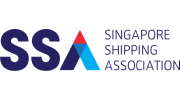
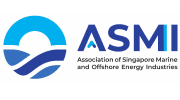
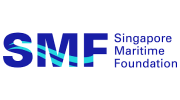


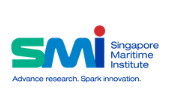
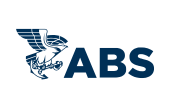

.png?sfvrsn=ed02dac0_1)
.png?sfvrsn=32fb3a0e_1)
.png?sfvrsn=15c03f61_1)
.png?sfvrsn=7a5961fe_1)
.png?sfvrsn=c5172256_1)
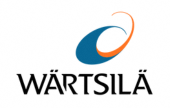


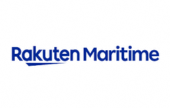
.png?sfvrsn=78f0af46_1/workforce-singapore-(wsg).png)
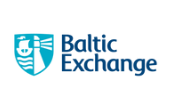
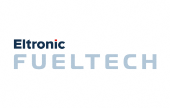


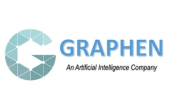
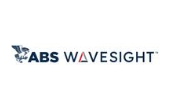
.png?sfvrsn=3804bc16_1)

.png?sfvrsn=62b8523c_1)


.png?sfvrsn=cb27d0e2_1)
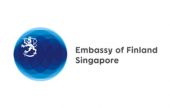

.png?sfvrsn=3e2b8a29_1)
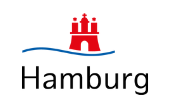
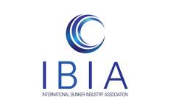
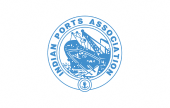
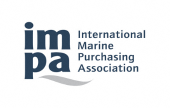
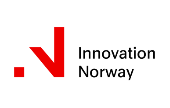
.png?sfvrsn=d0fceee9_1)
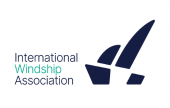

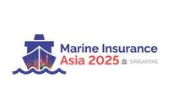
.png?sfvrsn=587af3f9_1)
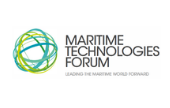
.png?sfvrsn=e528ec62_1)
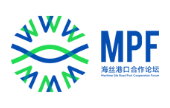
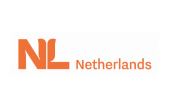
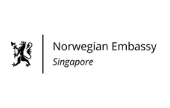

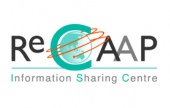


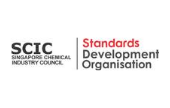
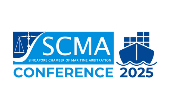
.png?sfvrsn=cada7bc1_1)
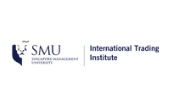
.png?sfvrsn=c2ada9cb_1)

.png?sfvrsn=74b329de_1)
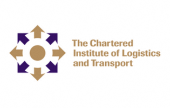
.png?sfvrsn=75c5e712_1)
